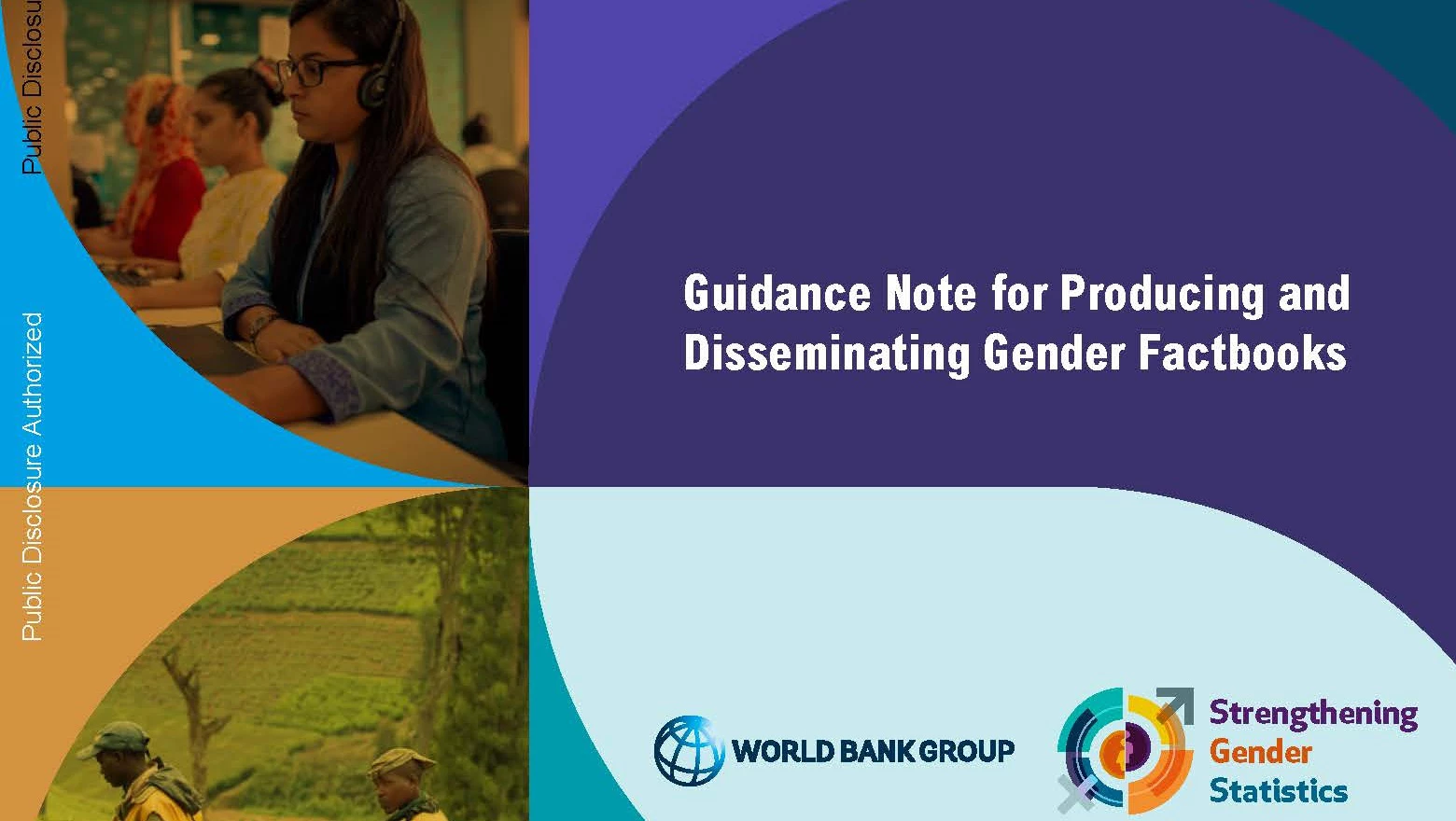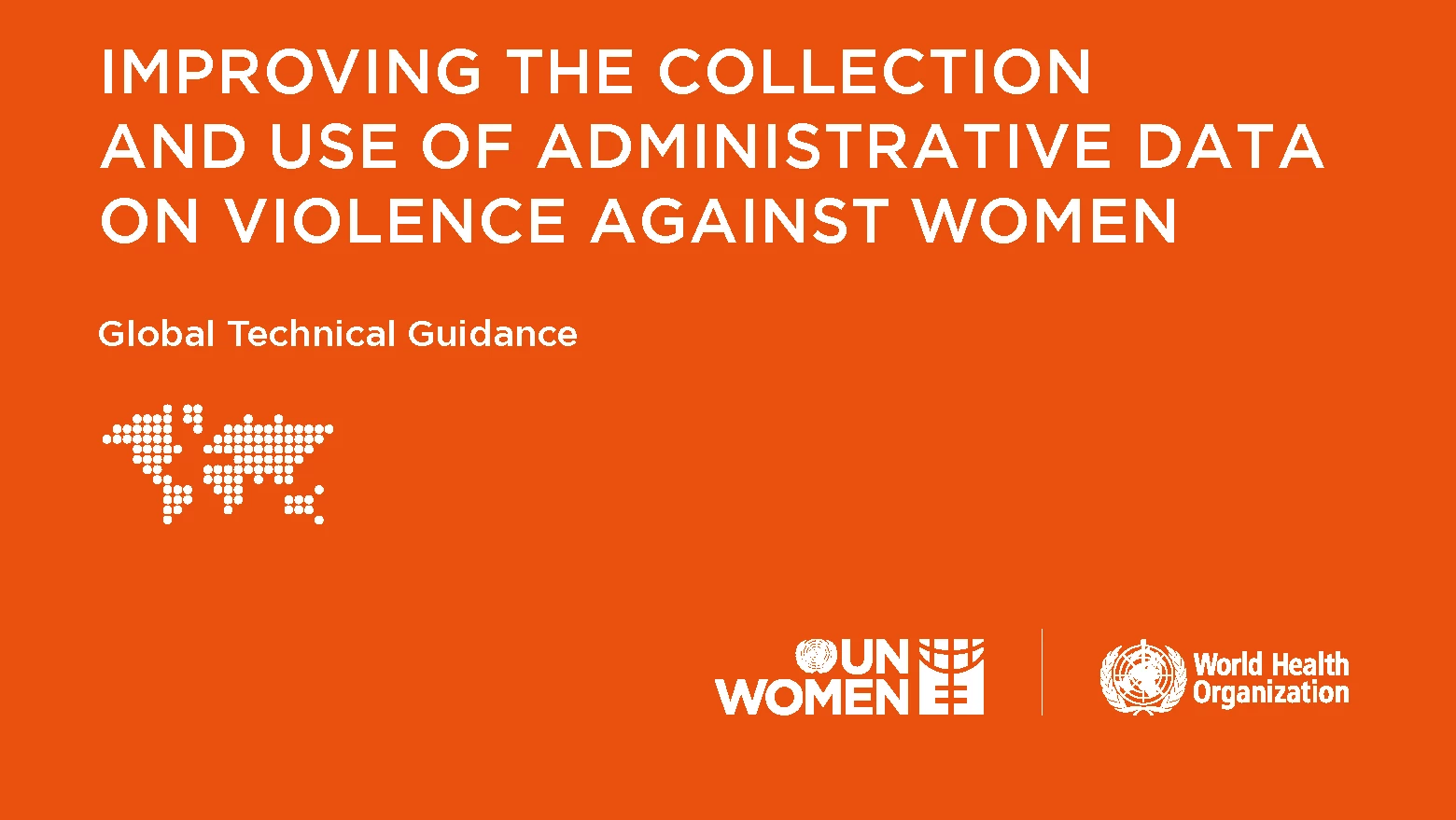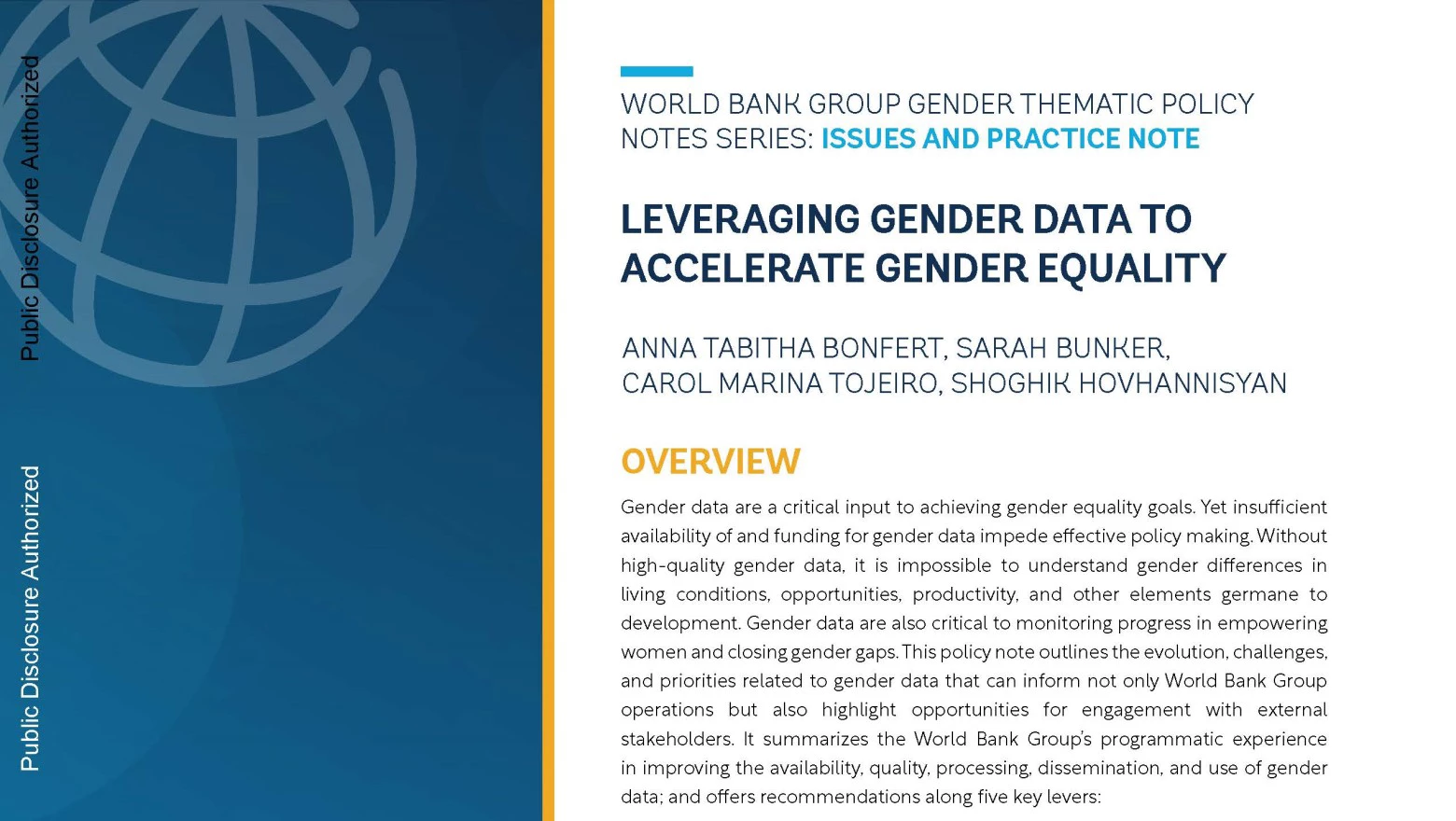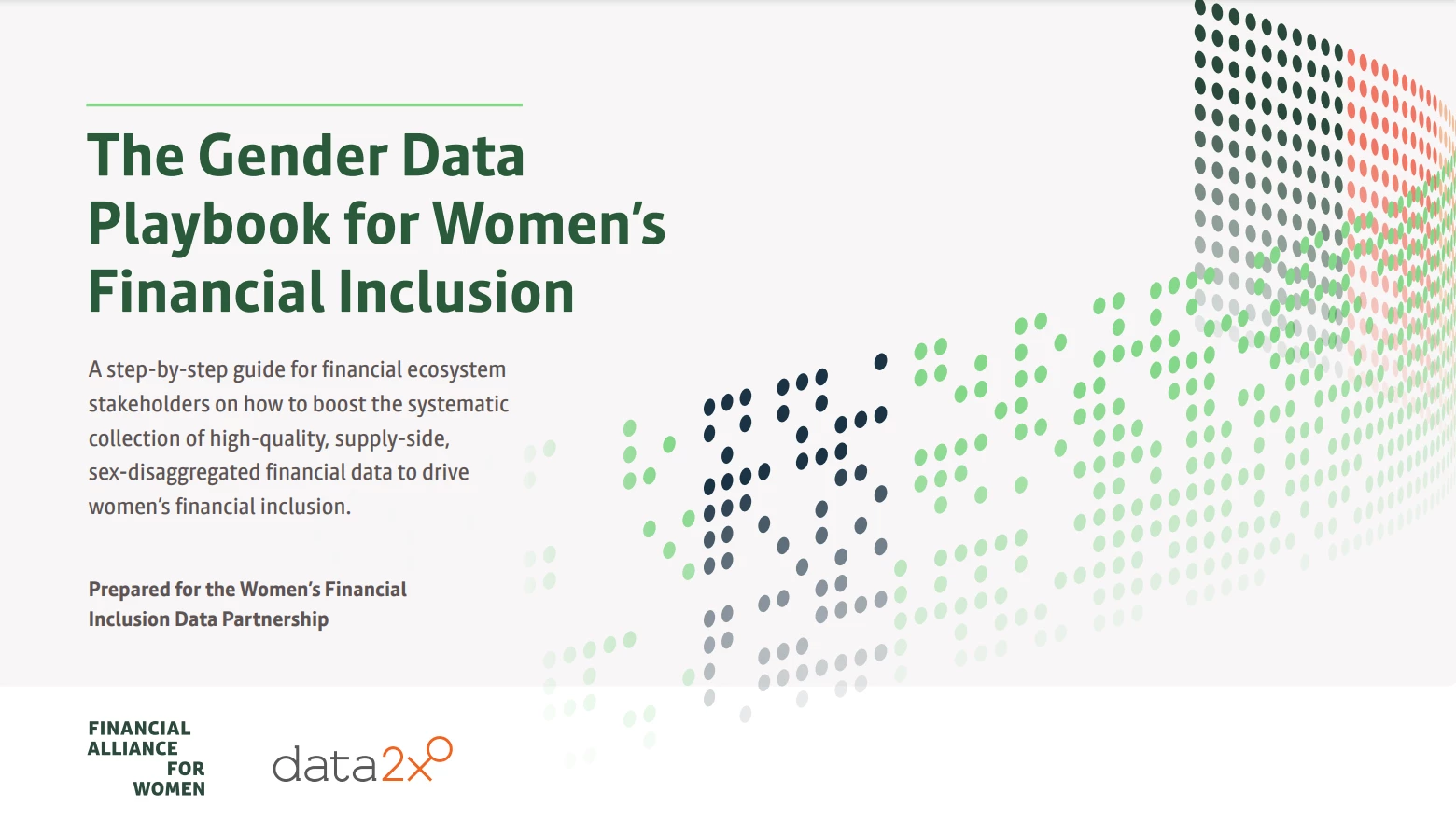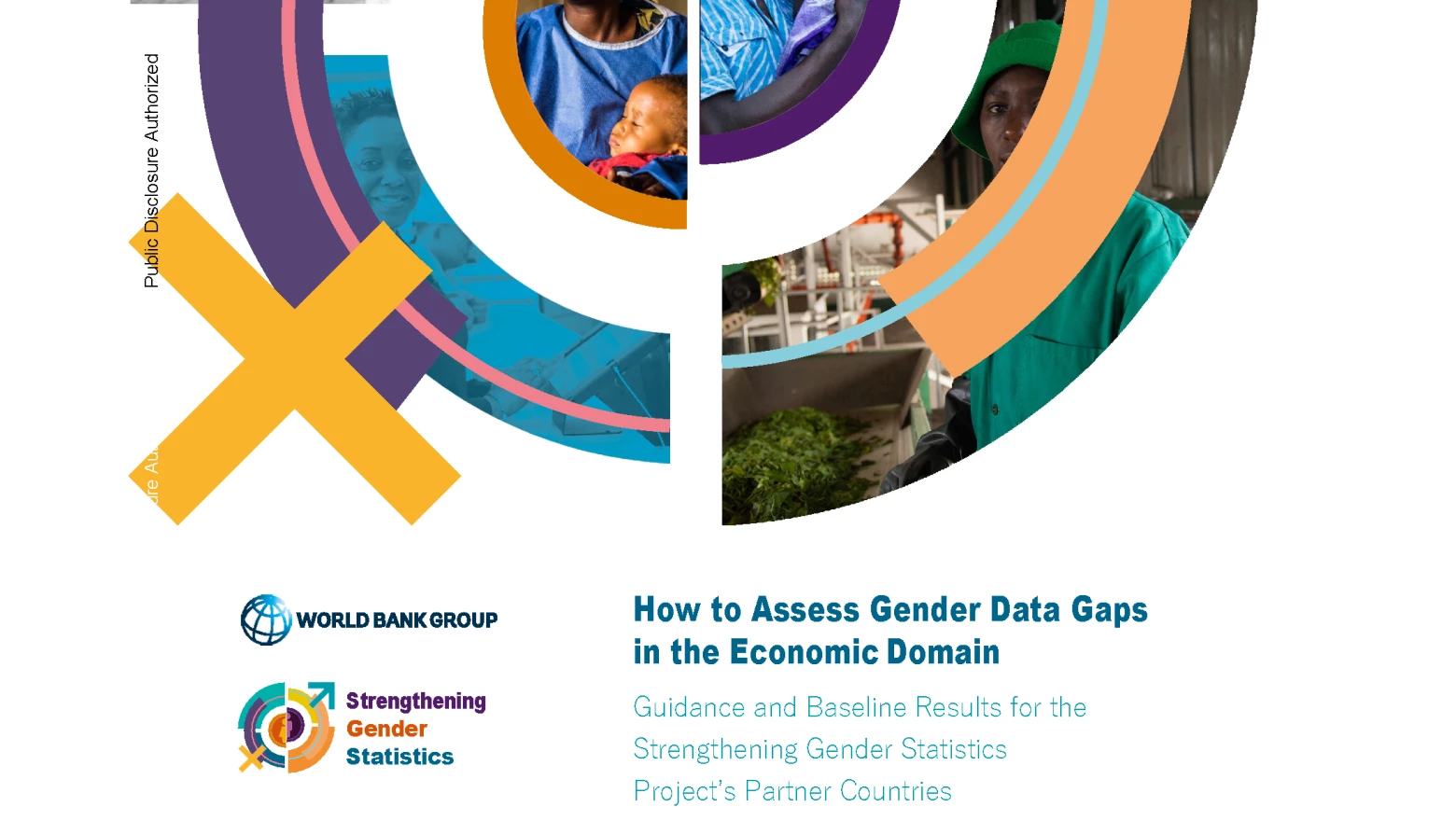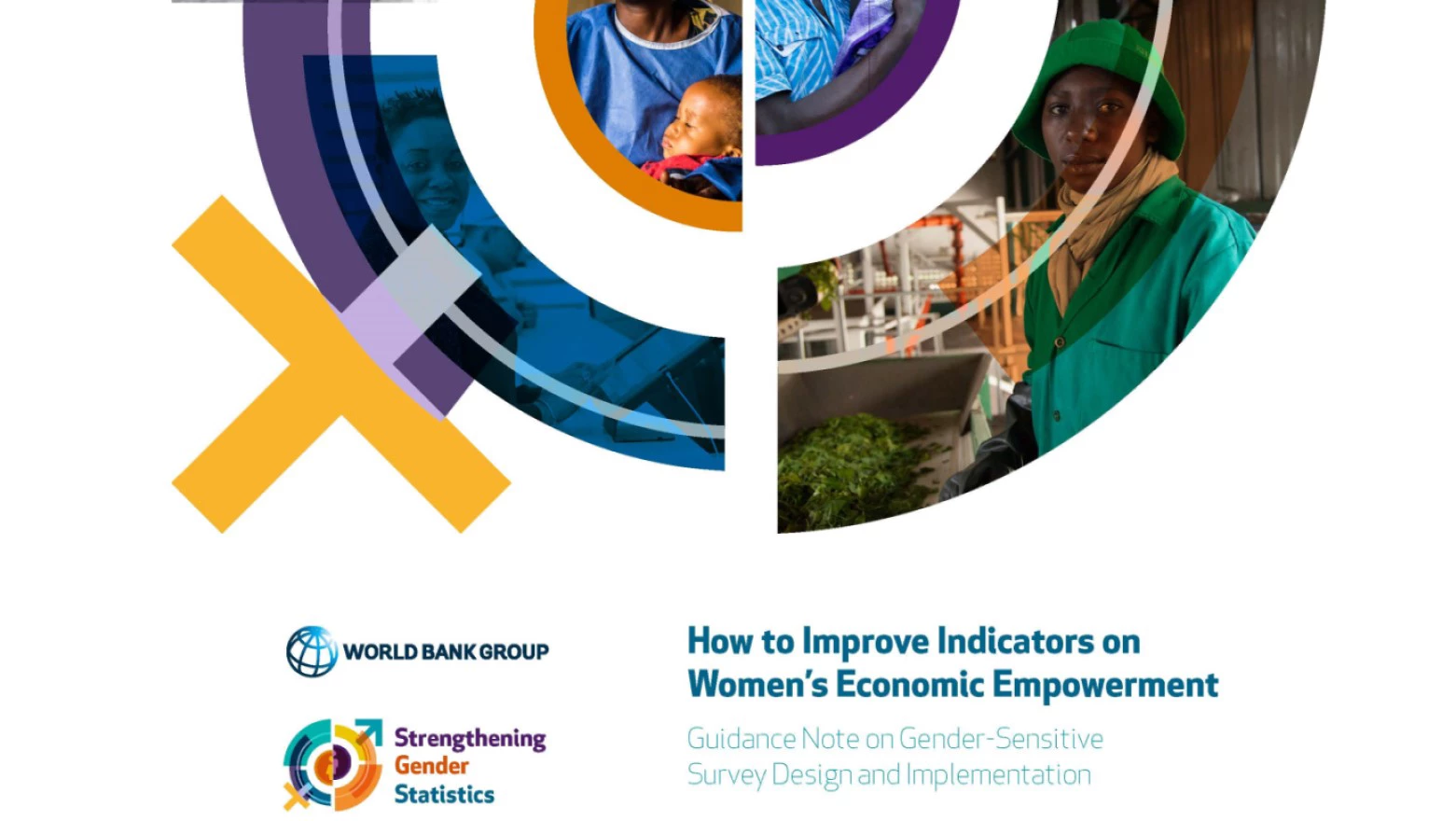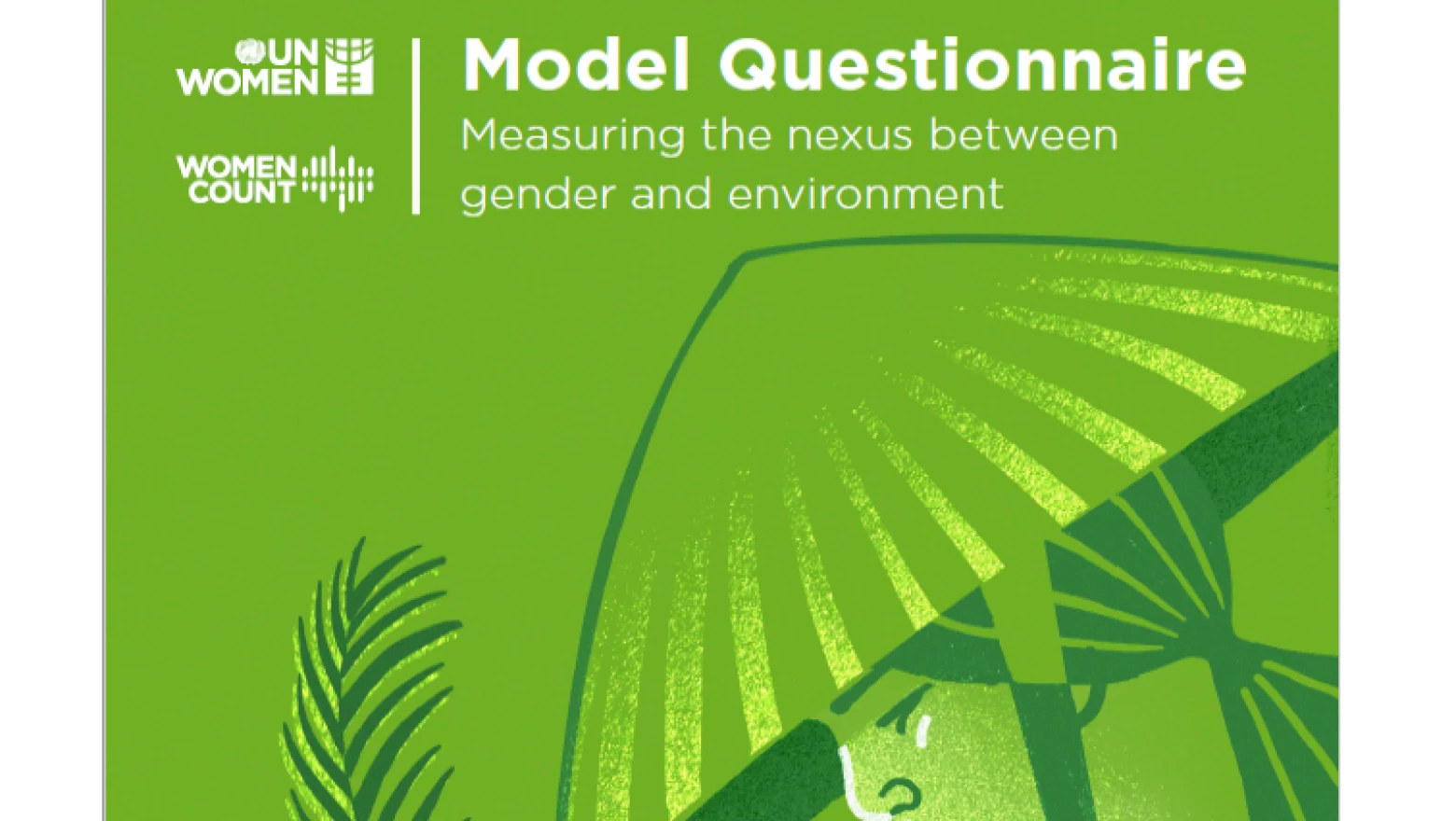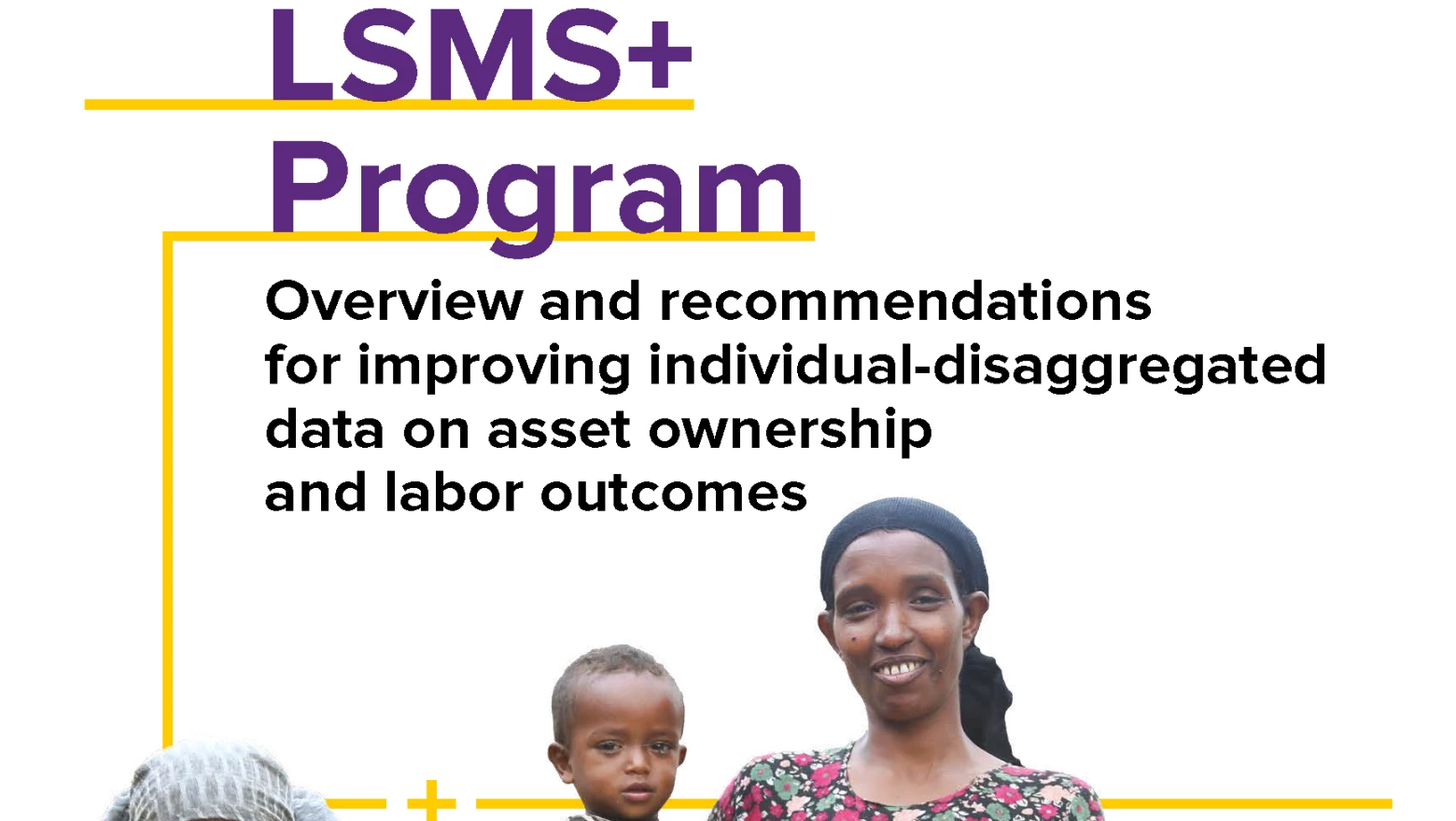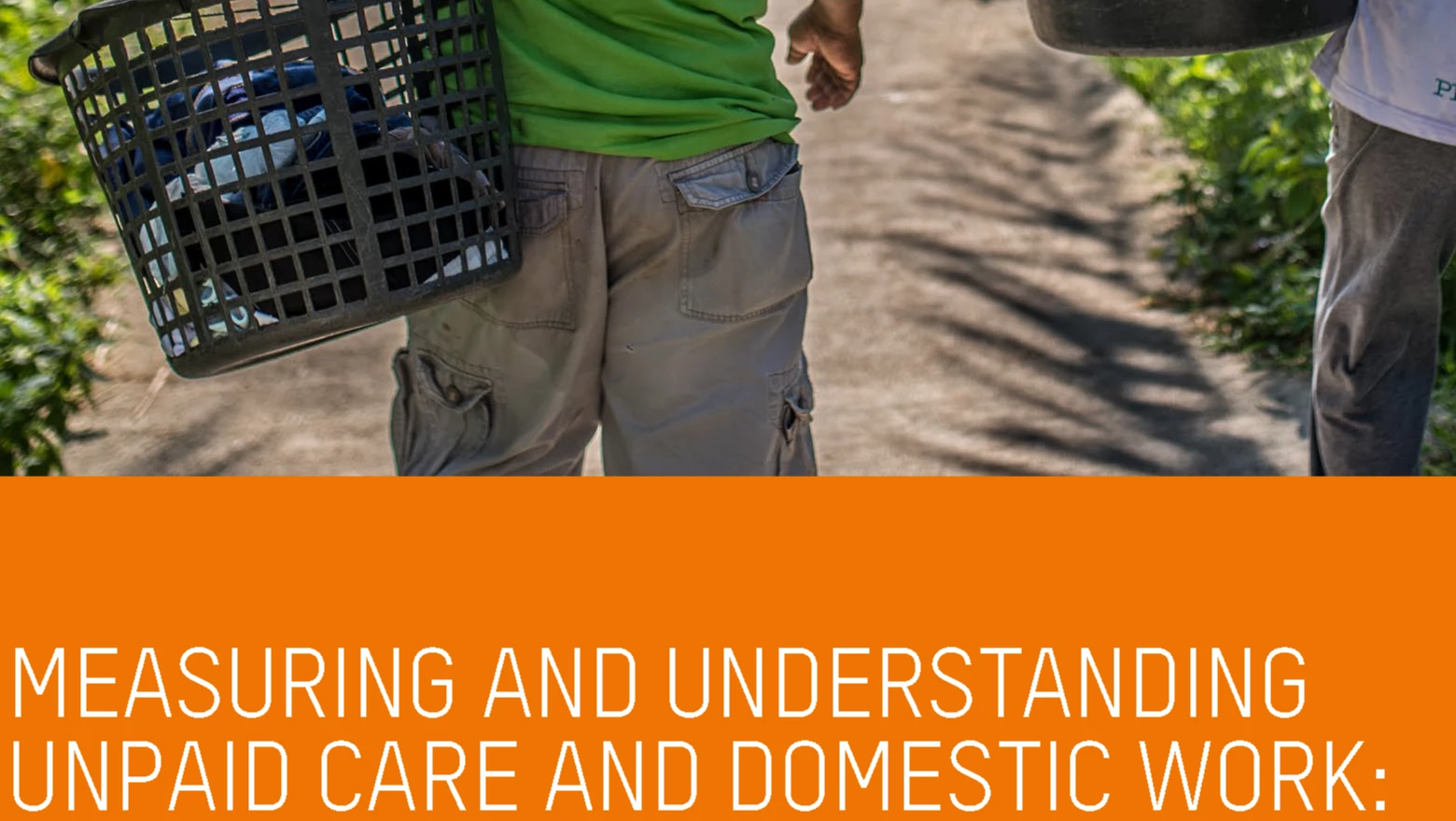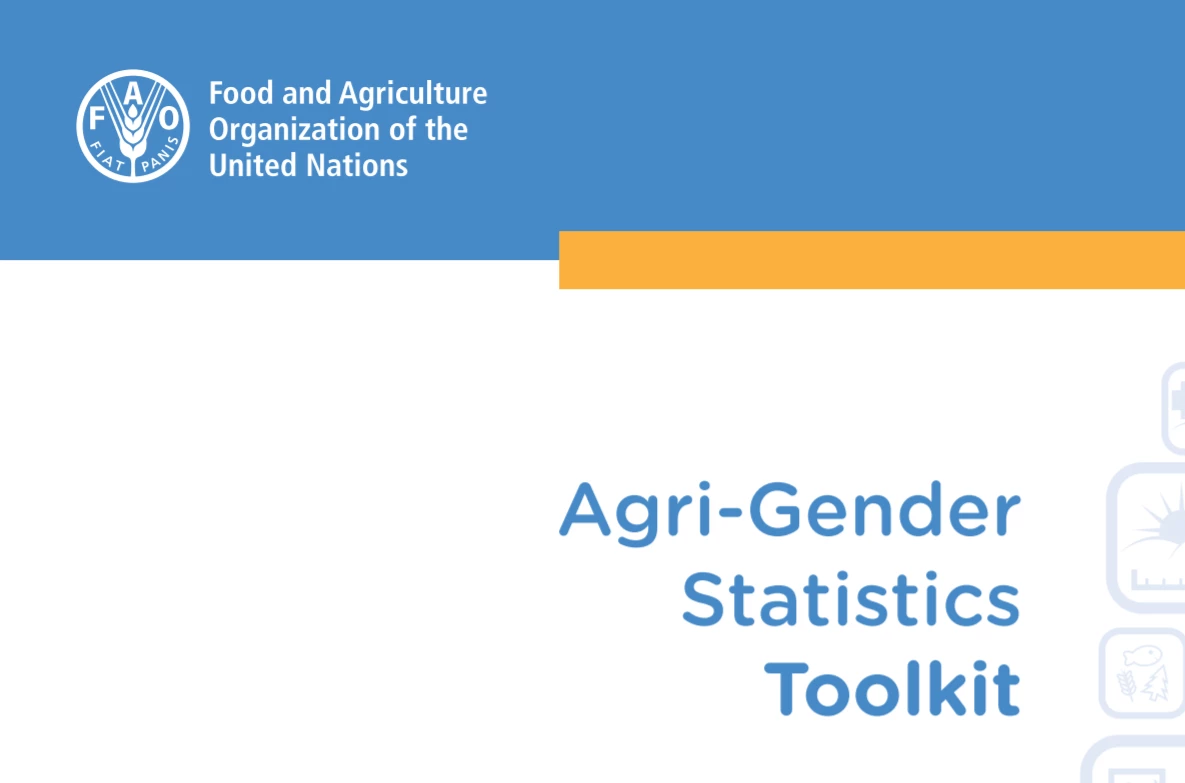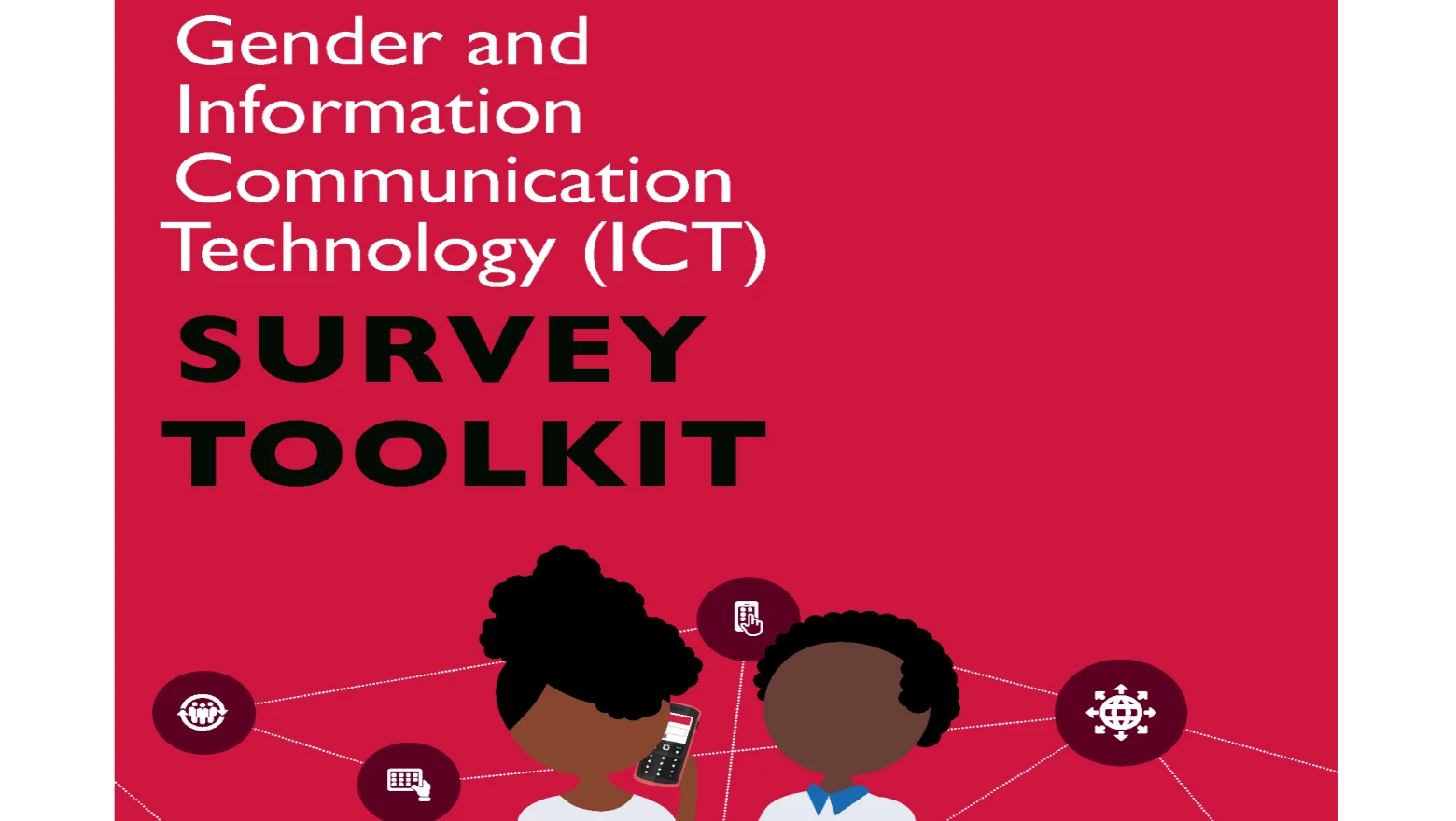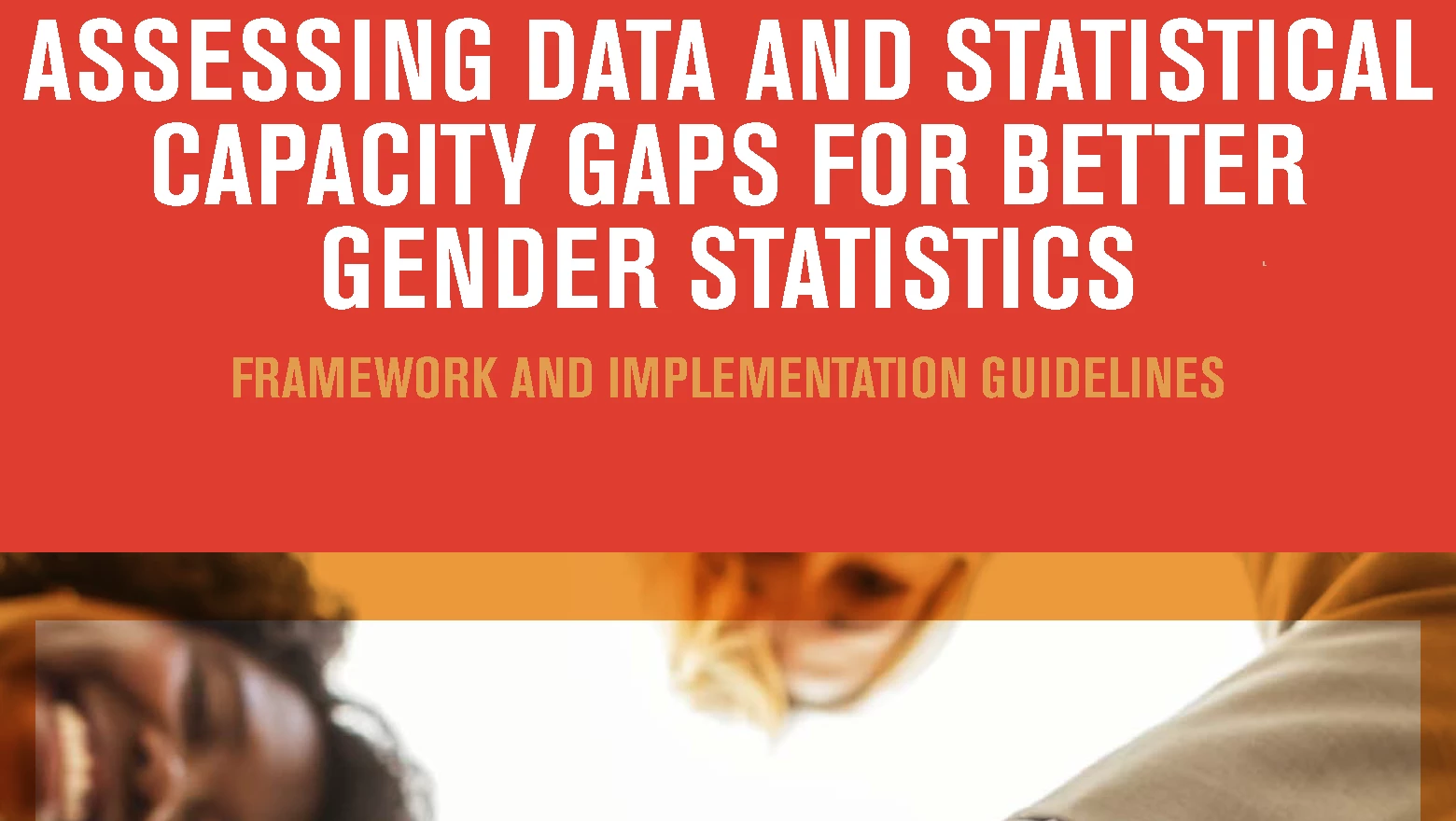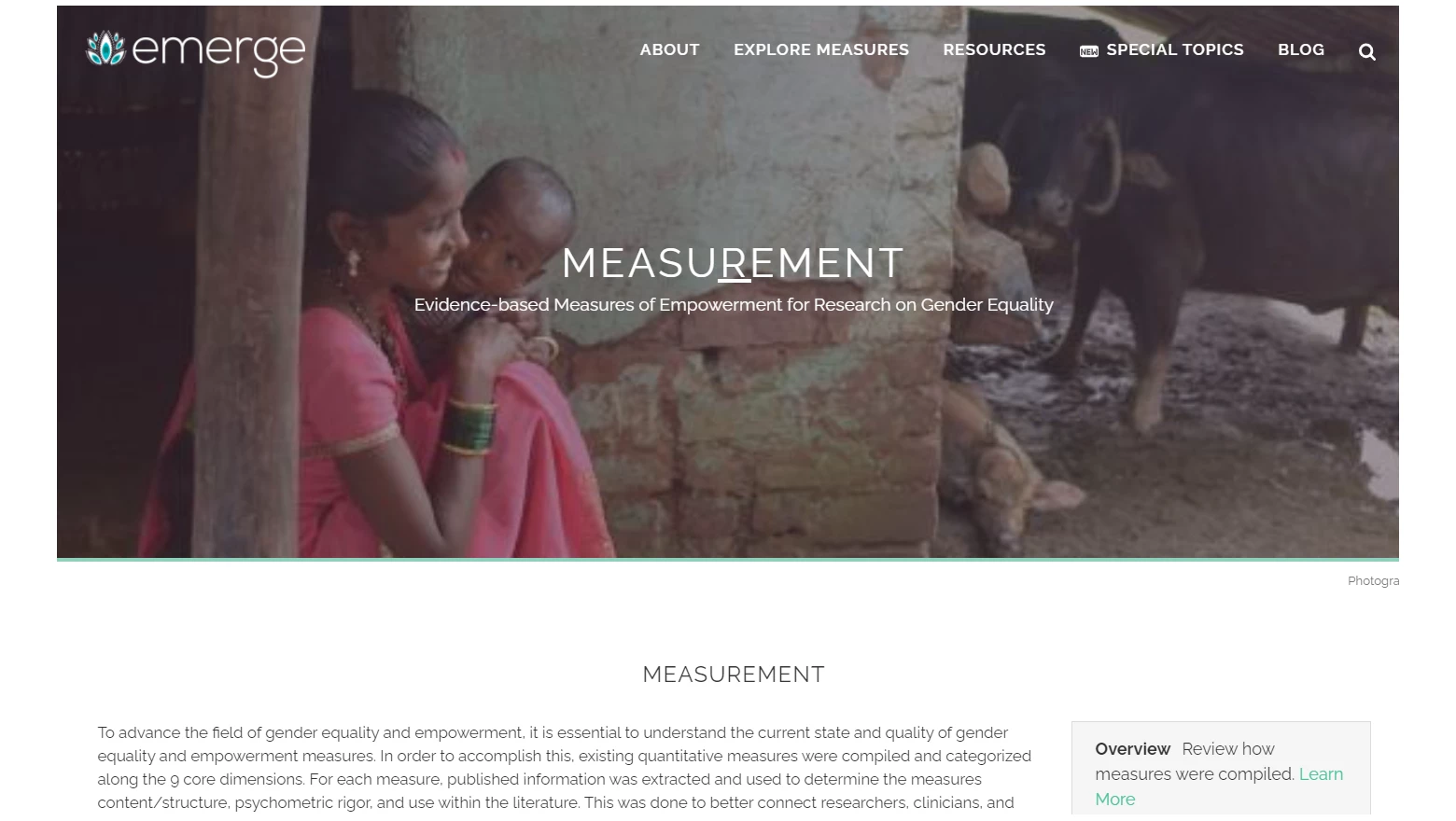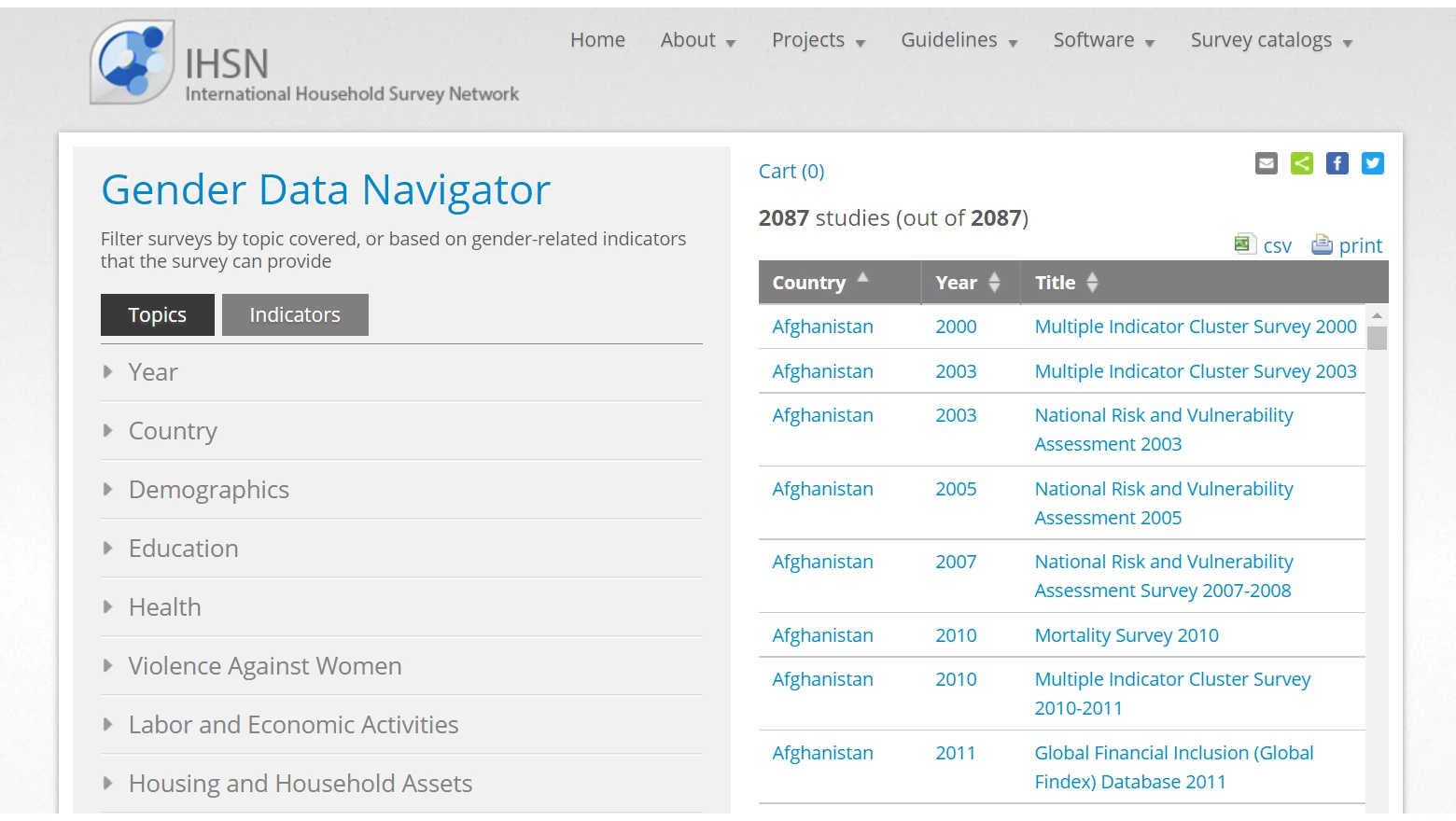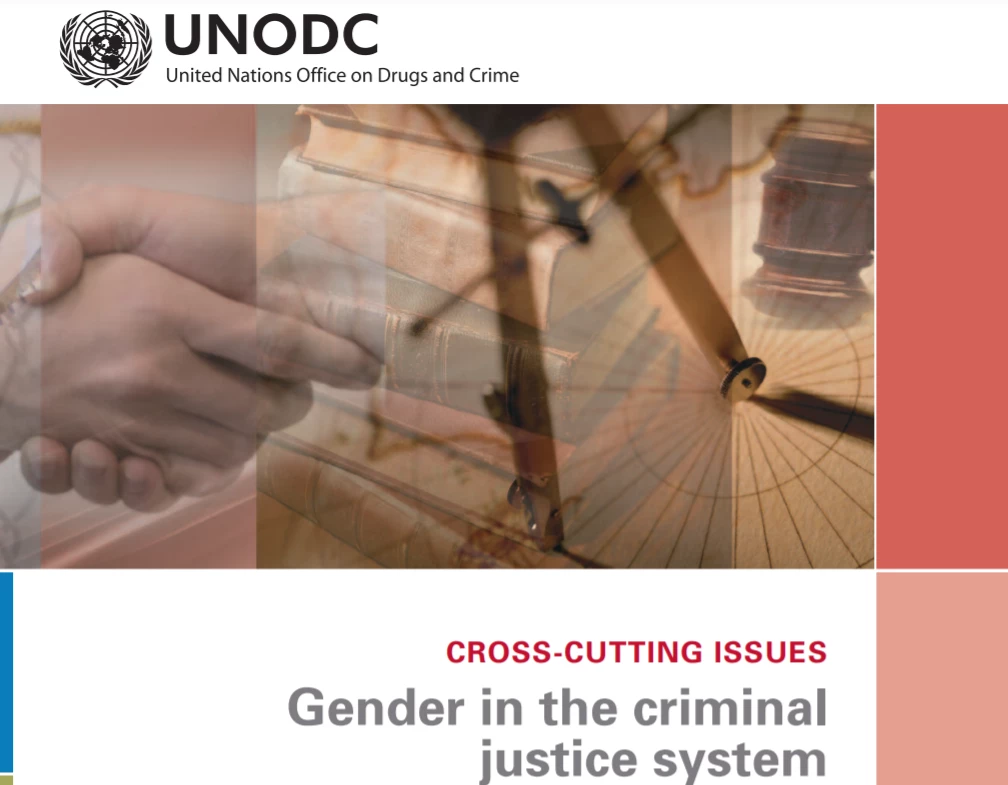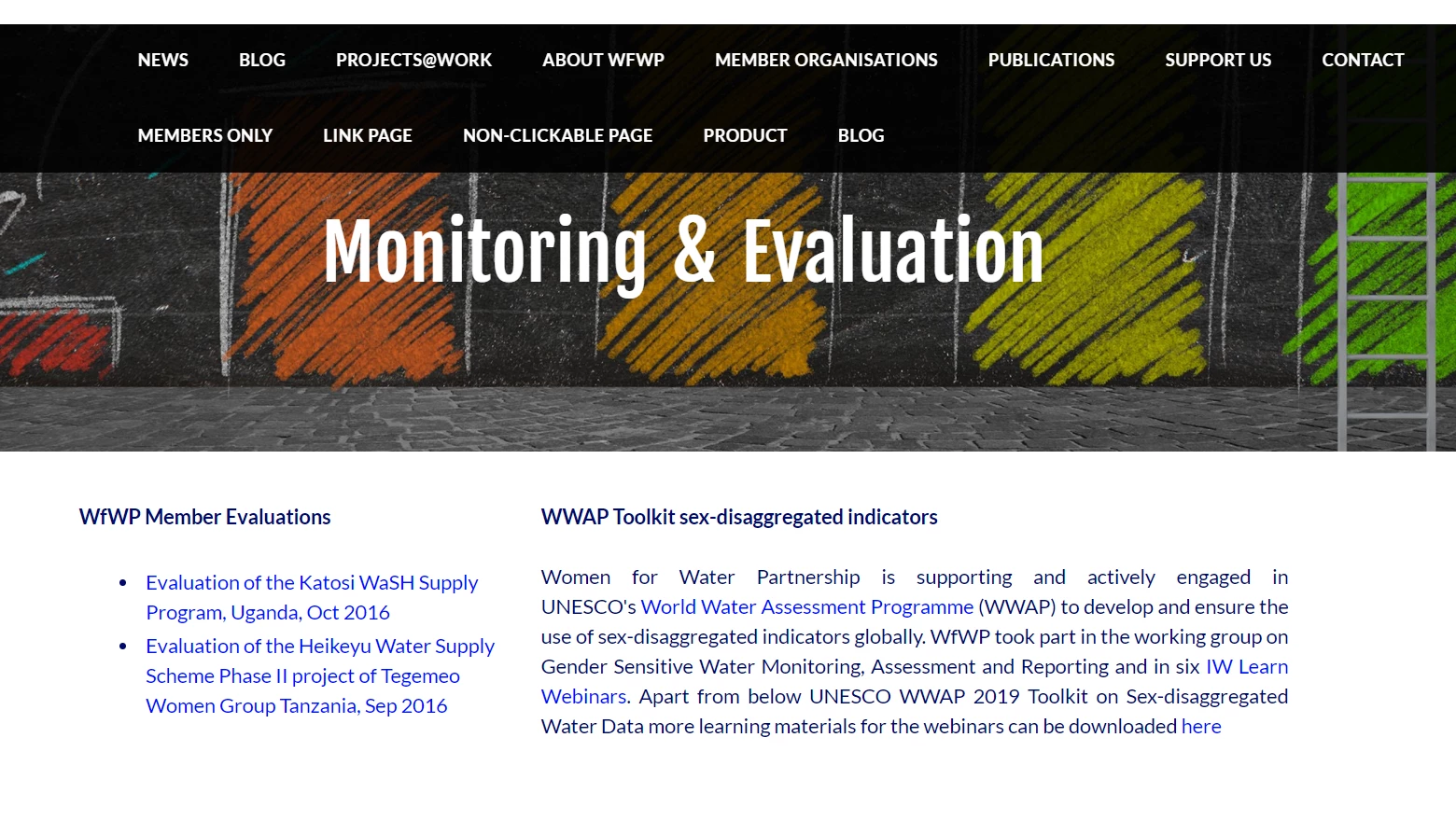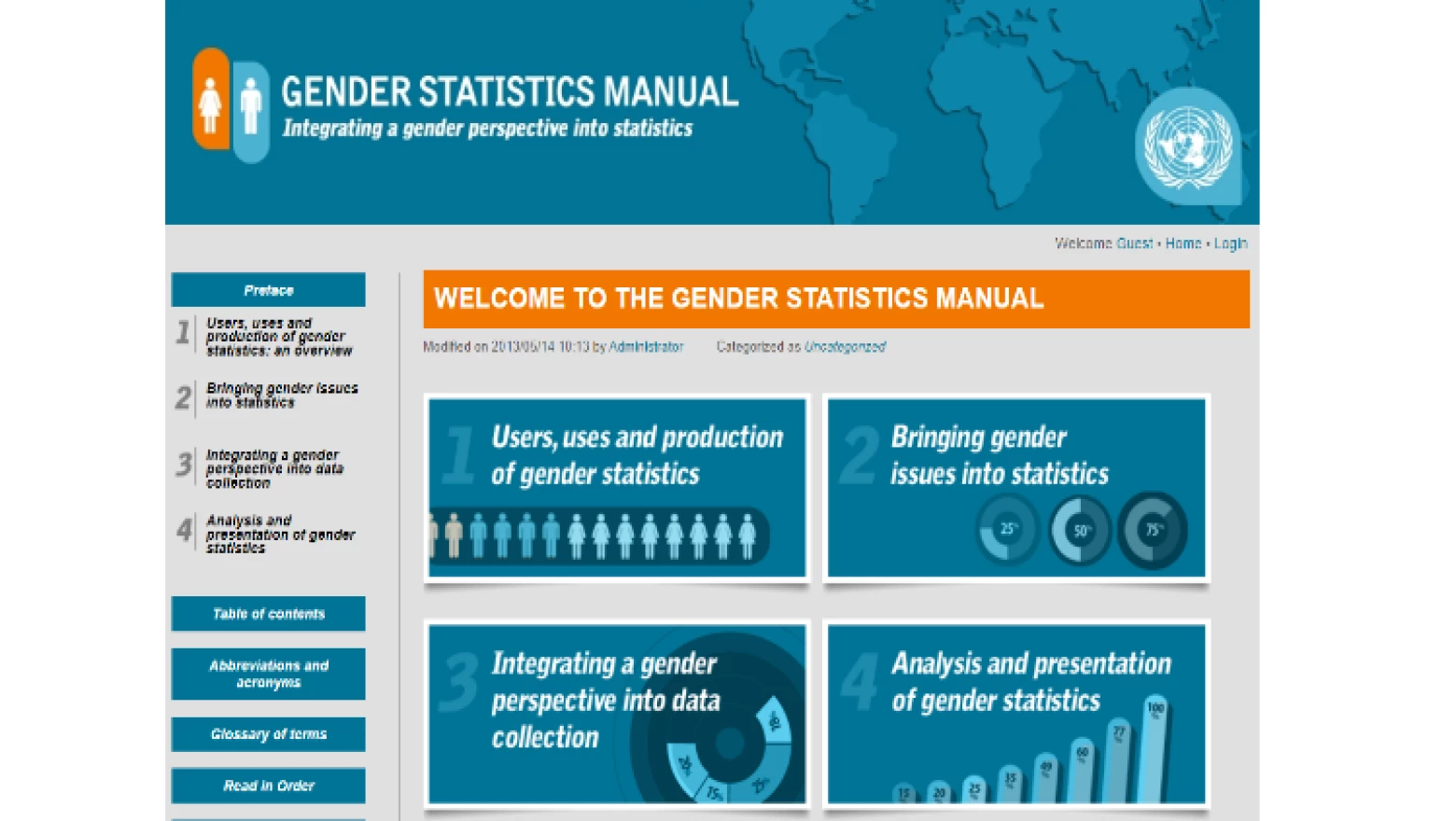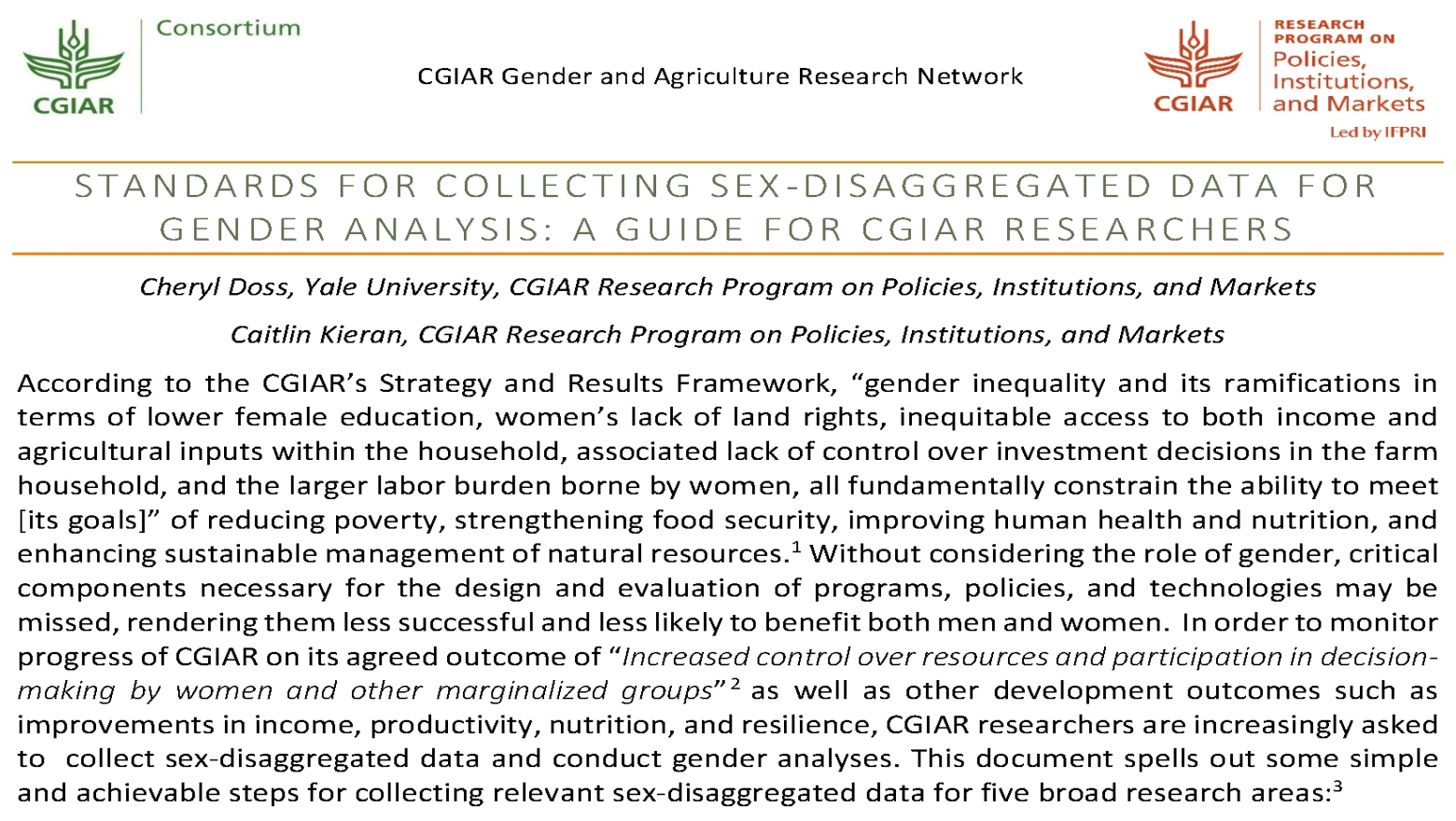Resources Repository
This repository is a compilation of tools and guidelines to improve data collection, use, and dissemination of gender statistics. These resources also promote further exploration of gender data using microdata from World Bank datasets, subnational data from national statistical offices, regional or thematic data from other gender data portals, and sites with data visualizations and stories.
- Guidelines
- World Bank datasets
- Gender Data Portals
- National Statistics Offices
- Data courses
Guidelines for collection, use, and dissemination of gender statistics
Develop a better understanding of international practices for the collection, use, and dissemination of sex-disaggregated data and gender indicators on a wide range of areas.
Planning and assessment tools
World Bank datasets
Discover the datasets
Women, Business and the Law (WBL) examines laws differentiating men and women in ways that affect opportunities and incentives to work. WBL is the main source of information to measure and monitor SDG 5.1.1 on the existence of legal frameworks to promote, enforce and monitor equality and discrimination on the basis of sex.
The Global Findex provides indicators of financial inclusion to measure how people save, borrow, make payments and manage risk for more than 140 economies. Data are available by sex, age group, education level, income, employment status, and area of residence.
The Global Jobs Indicators Database, JOIN, presents more than 100 labor market indicators for 168 economies and 1,802 surveys. The indicators cover socio-demographics, labor force status, employment type, employment composition by sector and occupation, education level completed, hours worked, earnings, and also provide information on survey quality. The indicators are nationally representative and available for different types of workers. This includes workers in urban or rural areas, men and women, younger (age 15-24) and older (age 25-64) workers, or workers with lower and higher education.
The Enterprise Surveys gather firm-level data on a broad range of topics including access to finance, infrastructure and performance. It also includes data on female participation in firm ownership, management and workforce composition in 139 economies.
The Doing Business project provides measures of business regulations and their enforcement across 190 economies and selected cities at the subnational and regional levels. The project recently expanded data collection to account for gender discriminatory practices in four areas: starting a business, registering property, enforcing contracts, and labor market regulation. NOTE: Doing Business has been discontinued as of 9/16/2021. Read the official announcement.
The Living Standards Measurement Study (LSMS) program provides technical assistance to national statistical offices (NSOs) in the design and implementation of multi-topic household surveys. Since its inception in the early 1980s, the LSMS program has worked with dozens of statistics offices around the world: generating high-quality data, incorporating innovative technologies and improved survey methodologies, and building technical capacity. The surveys are geo-referenced, computer-assisted, and use sensors for direct measurement. To date, more than 100 LSMS surveys have been produced in over 40 economies.
The Living Standards Measurement Study - Integrated Surveys on Agriculture (LSMS-ISA) project collaborates with the national statistics offices of partner economies in Sub-Saharan Africa to design and implement systems of multi-topic, nationally representative panel household surveys with a strong focus on agriculture. These surveys collected detailed information at the individual level to understand men and women's agricultural and other income activities.
The Living Standards Measurement Study - Plus (LSMS+) project aims to improve the availability and quality of individual level data on ownership and rights of physical and financial assets; work and employment; and entrepreneurship, building on the UN Evidence and Data for Gender Equality (EDGE). The LSMS+ project also supports methodological and analytical research on time use data through household survey experiments that compare traditional and new methods of data collection (self-reported or enumerator conducted time use modules versus use of technology).
The MSME Finance Gap measures the financing demand of micro, small, and medium enterprises (MSMEs) in emerging markets. Data on the total number of enterprises and their financial access are available by economy, gender, and enterprise size.
The Equality of Opportunity for Sexual and Gender Minorities (EQOSOGI) provides comparable cross-economy data on legal frameworks that impact sexual and gender minorities’ access to markets, services, and spaces in a economy and examines how those laws either enable or inhibit the inclusion of sexual and gender minorities.
Data Courses
Tips and courses
Unit 1 : Introduction to the Web & Spreadsheet Basics
Unit 2 : Intro to Data Fundamentals and Finding Data Online
Unit 3 : Intro to Data Fundamentals and Finding Data Online
Unit 4 : Making Claims with Data
Unit 5 : Data Driven Decision Making and Storytelling
Unit 6 : Introduction to Probability and Inferential Statistics
Unit 7 : Introduction to Python and Machine Learning
Unit 8 : Basic Dataviz with Tableau
Unit 9 : Leading a Data Driven Project
Unit 10 : Leadership and Design
English/ الدرس الأول - تحليل البيانات استكشافية
Exploratory Data Analysis/ تحليل البيانات استكشافية
Making Claims/ جعل المطالبات
Data Sources & Collection/ مصادر البيانات وجمع
Wrangling Messy Data/ المشاحنات فوضوي البيانات
Data Analysis using Quantitative Methods/ تحليل البيانات باستخدام الأساليب الكمية
Strengthening Gender Statistics
Gender Data Visualization Training
Formation à la Visualisation de Données sur le Genre
Data Use and Literacy Program
Data Journalism
Introduction to Data and Exploratory Data Analysis
Verification
Framing relevant questions for investigation/making claims with data
Summarizing & Simplifying Data Insights
Using Open Source Software Tools & Low-Cost Hardware
Open data for reporters and activists
Open data for publishers and civil society organisations
Open data for government
Data Visualization
Reporting on Human Trafficking
Reporting on Endemic Problems with Solutions Journalism
Investigative Reporting
Multimedia Storytelling
Geo-Journalism
Digital Security
Data Ethics & Privacy Considerations

